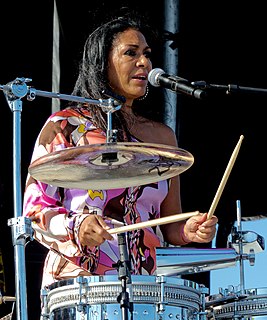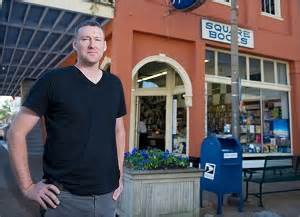A Quote by Eleanor Catton
I think that you have to keep the reader front and centre if you're going to write something that people are going to love and be entertained by.
Related Quotes
For me, one of the reasons I love this form - the personal essay form - is because it's a way of forming an intimacy with the reader. What I'm saying to the reader is: I'm going to tell you something; I'm going to be generous; I'm going to offer. The confession, on the other hand, is sort of an imposition because you're asking the reader to forgive you or somehow exonerate you or say, "Hey, I'm even worse." But what I'm interested in doing is being generous and offering a perspective or suggesting a way of thinking about something.
I'm a reader. I like - I'm a great reader. I keep going back, though, to certain authors, just like I love film, but I keep going back to just five or six certain filmmakers. In literature I like Chekhov, for example; I think he's my favorite. And Flaubert - you know, that kind of concision. But I also like Tolstoy; I love those romances that, you know, weigh 500 pounds and take months and months and months to read.
The way I write is very much without kind of a goal. I have something I'm interested in and then I decide I'm going to explore it. I don't know where the characters are going to go, I don't know what the movie is going to do or what the screenplay is going to do. For me, that's the way to keep it alive.
I enjoy writing about people falling in love, probably because I think the first time you fall in love is the first time that you have to figure out how you're going to orient your life. What are you going to value? What's going to be most important to you? And I think that's really interesting to write about.
I don't think about the reader in any conscious way that impacts the writing, as far as, Hey, most readers would like this! But at the same time, if it were presented to me: "John, you're going to write a novel. It's going to take you a few years. When you're done with it, there's a law that no one's allowed to read it." I don't think I would write it. I want someone to read it!
When you write a program, think of it primarily as a work of literature. You're trying to write something that human beings are going to read. Don't think of it primarily as something a computer is going to follow. The more effective you are at making your program readable, the more effective it's going to be: You'll understand it today, you'll understand it next week, and your successors who are going to maintain and modify it will understand it.
I think it's really important to not talk about how you're going to release something until you've finished it. People are like, "What are we going to make? What are we going to do with it?" and it's just like, "I don't know, we're just making music. Then we'll talk." You can't always write something you're happy with; you can't force it.







































